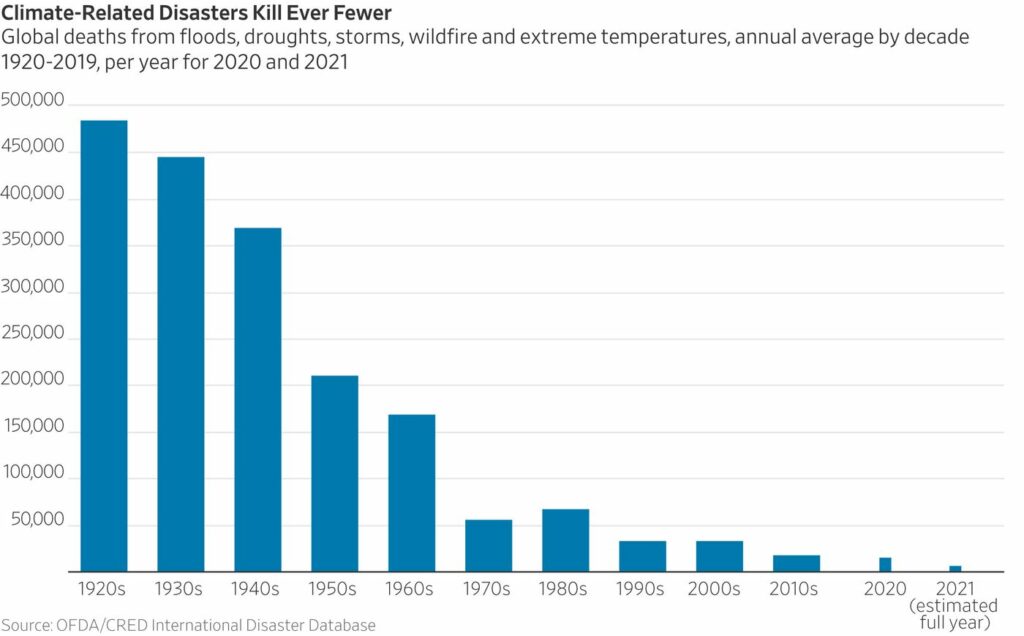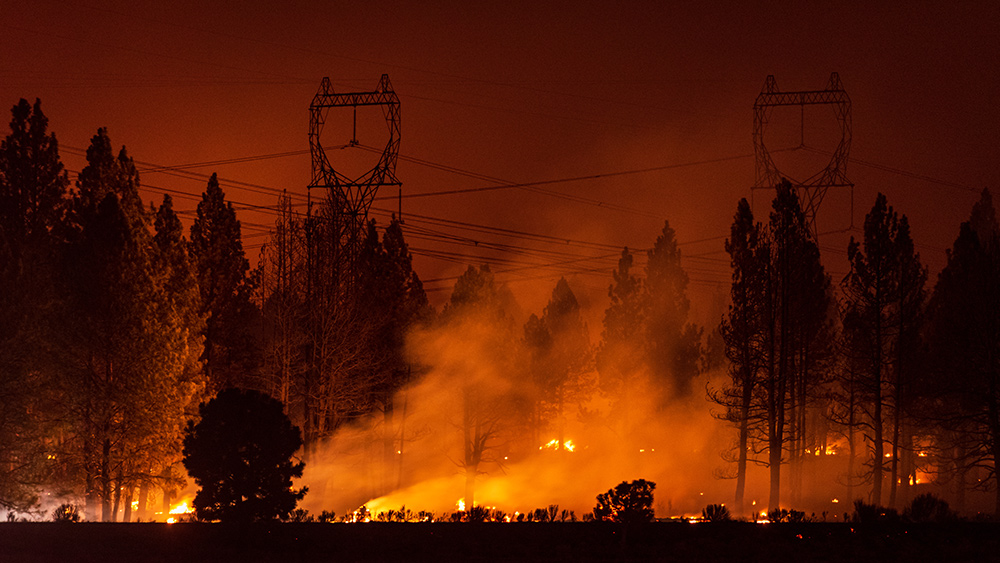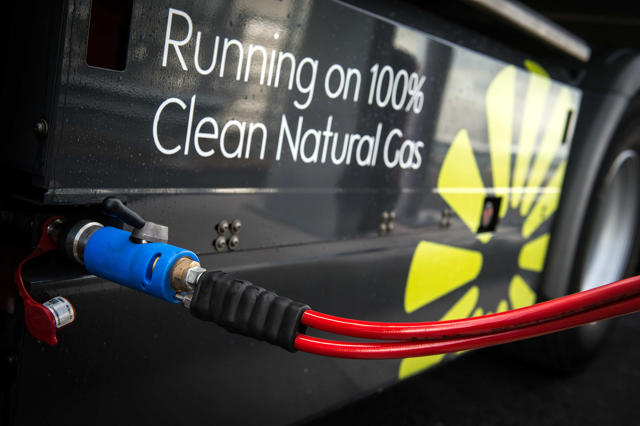Leftist Canadian MP wants to criminalize endorsement of fossil fuels
02/23/2024 / By Belle Carter

A member of the Canadian Parliament from the far-left New Democratic Party (NDP) is calling for any person promoting fossil fuels to be penalized with up to $1,000,000 and to serve jail time for up to two years.
MP Charlie Angus, who is from Timmins-James Bay, northern Ontario – where the average temperature in February runs -7 C to -21 C and the area relies on fossil fuels to stay warm this time of year – has introduced a private member legislation called Bill C-372. The said legislation, which was entitled “Fossil Fuels Advertising Act,” would prohibit the endorsement of fossil fuels except “by the provisions of the Act.” Critics were quick to point out how unfair the call for ban and penalization is, simply because truthful statements like comparing the relative emissions of natural gas to coal should be considered.
“The Big Tobacco moment has finally arrived for Big Oil. We need to put human health ahead of the lies of the oil sector,” Angus told the House on Monday.
The bill defined the “promotion of fossil fuels” as: “a representation about a product or service by any means, whether directly or indirectly, including any communication of information about the product or service and its price and distribution, that is likely to influence and shape attitudes, beliefs and behaviors about the product or service.?” According to the MP, the only public discourse that would be permitted would be literary or dramatic representations that “use or depict” fossil fuels, or “opinion or commentary” provided that in either case, the author or creator has no ties or receives no consideration “directly or indirectly” from the fossil fuel industry.
The proposal’s preamble also cited climate change as an “existential threat” and the 2023 forest fire season as a pretext. “Whereas, in 2023, Canada experienced the worst wildfire season ever recorded as the country exceeded the largest area ever burned in a year, totaling more than 7.?9 million hectares,” it included. However, an article on Bomb Thrower pointed out that in multiple cases during the said forest fire season, such as the Lake Cavan fires in Quebec and the infamous Lake Barrington Fire in Nova Scotia, the cause was arson and not global warming.
Bill C-372 also argues that air pollution caused by fossil fuels leads to millions of premature deaths globally, including tens of thousands of premature deaths in Canada alone, and is a major cause of cancer, respiratory illness, adverse pregnancy outcomes, children’s diseases and cardiovascular symptoms. It also further asserted, without evidence, that “fossil fuel production and consumption has resulted in a national public health crisis of substantial and pressing concern, in a way that is similar to the public health crisis caused by tobacco consumption.” At a news conference last week, Angus repeatedly made similar references to Big Tobacco and claimed that his bill was about stopping the spread of falsehoods by the oil industry.

However, as per Statistics Canada, tobacco still kills 48,000 Canadians every year. This bill indicated that every day, an equivalent of 131 Canadians are dropping dead because of fossil fuel-induced climate change. Critics once again assert that if this is their argument, then why not cut the total problem of climate and tobacco-related deaths in half by simply banning smoking?
Bill C-372 is absurd: Canadian political columnist
For Globe and Mail reporter and columnist Kelly Cryderman, Angus might mean well in the proposal he is very passionate about but the premise of the bill is absurd. For her, the bill is highly unlikely to pass and she proceeded to cite reasons why the legislation misses the mark.
Yes, the introduction of the bill has already done its job and already had Conservative Leader Pierre Poilievre, Alberta Premier Danielle Smith, industry groups and a cohort of Westerners extremely irked. Angus also said his bill is about corporate advertising and wouldn’t affect individuals or the industry, per se. But his plan to ban all advertising from an entire sector has also raised criticism from those who care about free speech. Also, false or misleading advertising is already covered by Canada’s “Competition Act.”
Moreover, the broad definition of what is “promotion” would target anyone who talks about one type of fossil fuel being less harmful than other types, the writer said. The clearest example of where this would be an issue is in the discussion of whether natural gas produced in Canada or the United States can displace emissions from coal plants in Asia, or Russian gas supplies to Europe. It would also target those who would say that fossil-fuel production can result in positive outcomes concerning the environment, the health of Canadians, reconciliation with Indigenous peoples, or the Canadian or global economy.
Also, the comparison to tobacco is especially superficial. “While close to 30 percent of Canadian adults smoked 25 years ago, that figure is around 10 percent now. Rules restricting tobacco advertising played a part in this; wouldn’t it be great, Angus argues if we could replicate that to similarly cut fossil-fuel use,” Cryderman said. (Related: Faking GREEN: Scotland’s wind turbines are secretly using generators that run on FOSSIL FUELS.)
Check out EnergySupply.news for more news related to this.
Sources for this article include:
Submit a correction >>
Tagged Under:
big government, Bill C-372, Canada, Charlie Angus, conspiracy, deception, emissions, energy sources, fascism, forest fire, fossil fuels, green tyranny, Greenhouse Gas, insanity, left cult, NDP party, renewable energy
This article may contain statements that reflect the opinion of the author
RECENT NEWS & ARTICLES
COPYRIGHT © 2022 EnergySupply.news
All content posted on this site is protected under Free Speech. EnergySupply.news is not responsible for content written by contributing authors. The information on this site is provided for educational and entertainment purposes only. It is not intended as a substitute for professional advice of any kind. EnergySupply.news assumes no responsibility for the use or misuse of this material. All trademarks, registered trademarks and service marks mentioned on this site are the property of their respective owners.



















